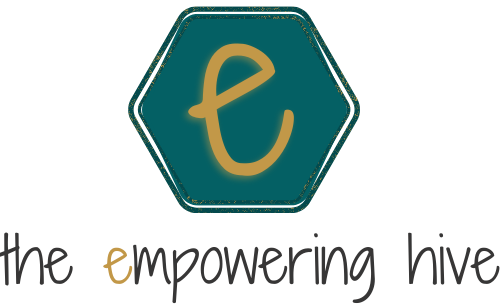Carbs or no carbs? The Stress Management perspective
What we include or avoid in our diet can significantly impact our body’s chemistry and mood. Since we engage in this act several times daily, I suggest starting here to make those initial changes. It’s certainly not complicated, but it’s up to us to make healthier choices that support our stress levels. Small things can have a significant impact.
I know that the Keto diet is quite trendy these days. While I’m not here to debate whether it works for some or is beneficial for certain health conditions, it’s certainly not ideal from a stress management perspective. I’m not a fan of fads. If you’re old enough — not that I’m old, of course! — you probably remember that in the 90s, and maybe even into the early 2000s, people avoided fat like the plague. That was just another trend. So, depending on which decade you got caught in, you’ll be on one side or the other.
For our bodies to function fully, we need carbs, proteins, and fats. Keep in mind it’s all three, not one or the other. Each plays a different role in our bodies. Generally speaking, proteins build and repair hormones; fats help with energy storage and proper brain function; and carbs are the primary energy source. Your cells need glucose to transport nutrients and energy to them.
As if that’s not enough, carbs are a buffer for your adrenal glands, especially during stressful times. When a macronutrient like carbs is significantly reduced, your body can interpret that as a threat. You’re telling your body: there’s no food around. So, it will hold onto every calorie you eat, and you’ll gain weight. You probably want to avoid that since cortisol is likely already causing trouble and increasing the circumference of your waistline, where it tends to be stored.
Especially with carbs, you may notice that you crave more sweets when stressed. That’s simply because you’ve drained your energy levels, and your body is asking for more immediate energy to supply your brain. We know refined sugar isn’t the best answer. So, having healthier options like complex carbs on hand can help stabilise your stress levels. Your hormones will thank you, too. So, avoid candy, pastries, sweets, sodas, etc. These spike your sugar and insulin levels, giving you a short burst of energy.
They could also lead to another condition: insulin resistance. Instead, try more whole grains, potatoes, sweet potatoes, legumes, and fruits. You can include these in your diet unless you have an intolerance or are on a special diet like someone with diabetes would be.
As always, a balanced and natural diet is the answer. Nature always gets it right. In this area, it’s best to seek advice from your doctor or nutritionist to get a diet tailored to your needs.
In times of stress, it’s easy to fall for dietary shortcuts, but true balance always requires a holistic approach. Carbs, proteins, and fats each have a role in supporting not only physical health but emotional and mental stability too. If this excerpt resonated with you, there’s much more to explore in Master Stress: Holistic Strategies for Physical, Emotional, Mental, and Spiritual Balance, where I dive deeper into holistic methods for mastering stress and finding true balance. Ready to transform your relationship with stress? Discover the next steps within the pages of my book.



